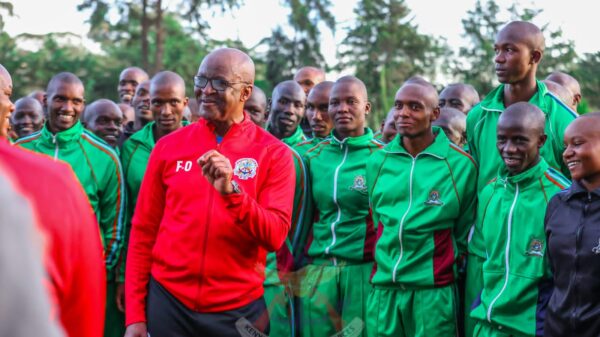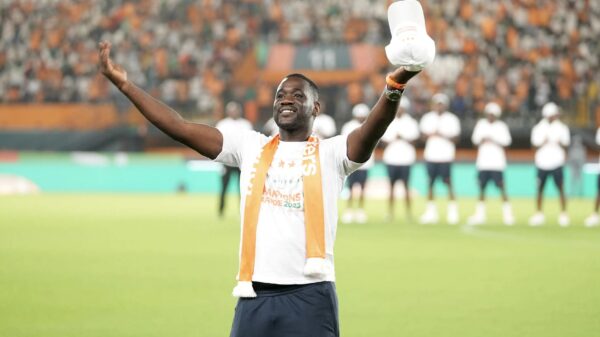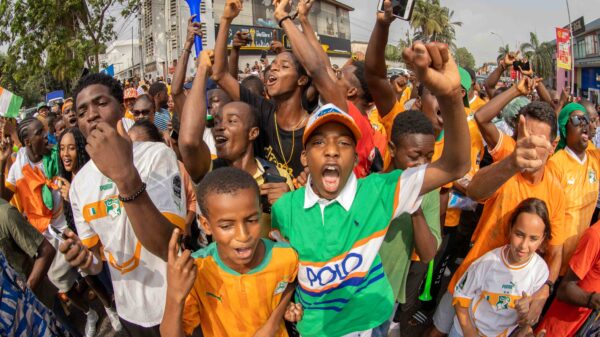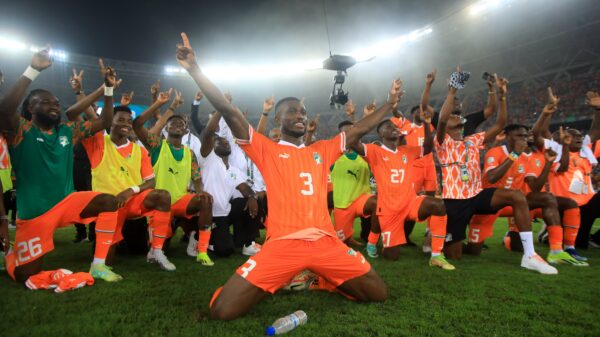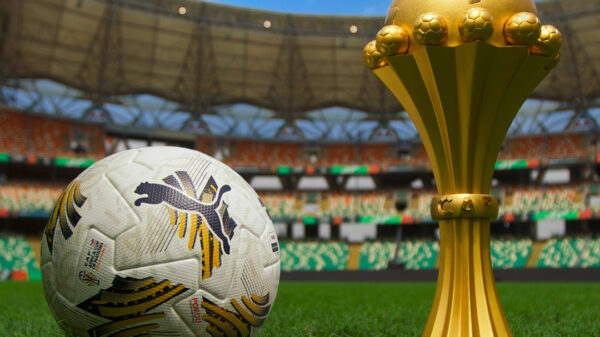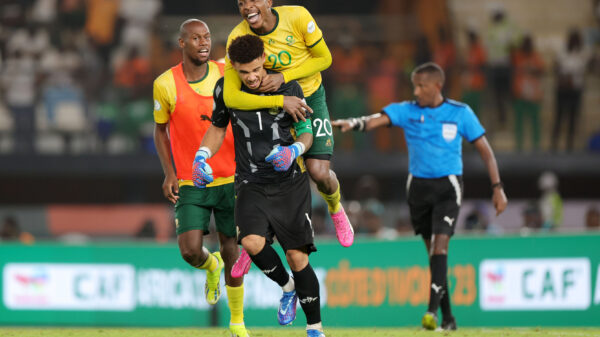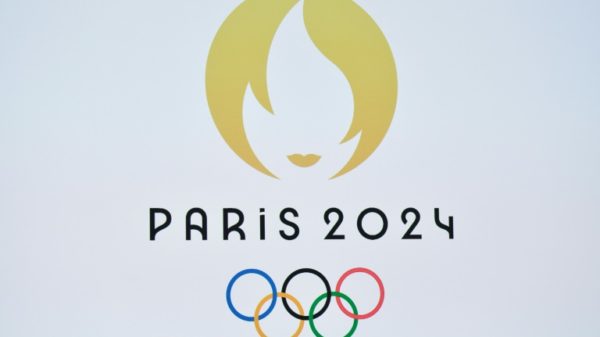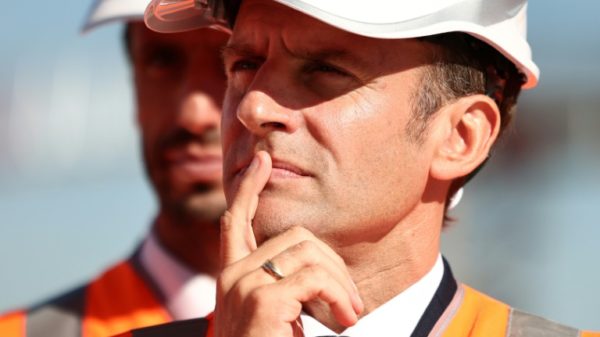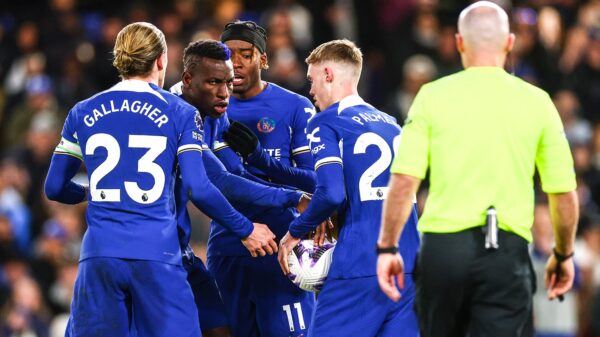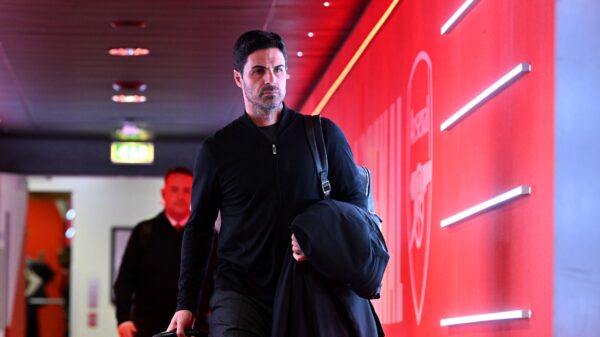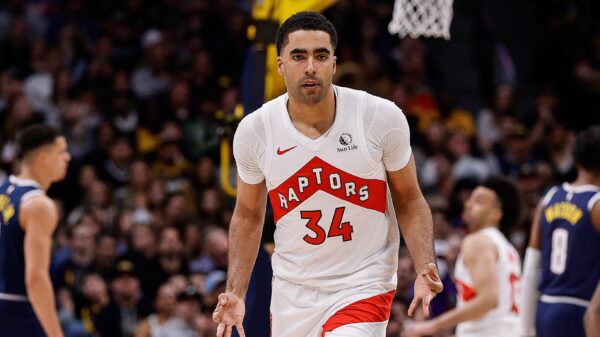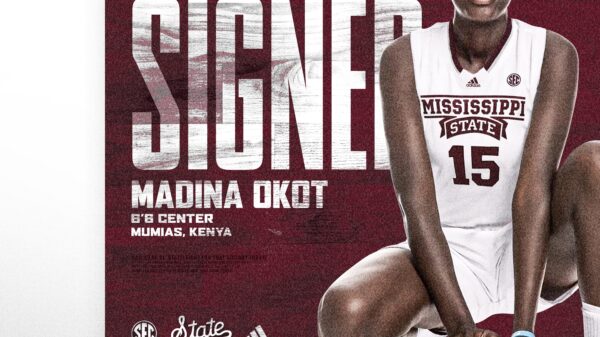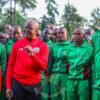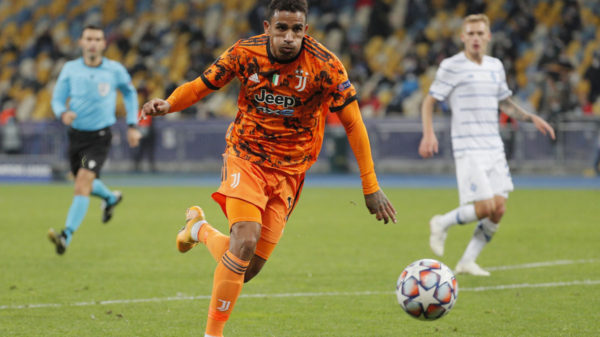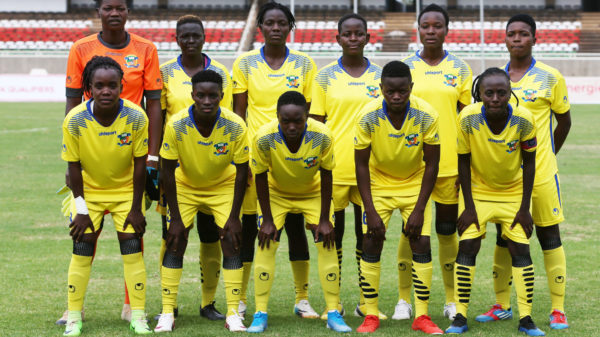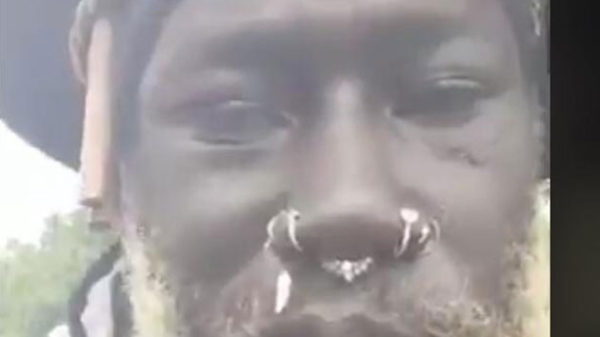SYDNEY, Australia, May 16 – With the Wallabies languishing at seventh in the world rankings, Rugby Australia’s leadership in flux and the sport facing fierce competition from other codes, the coronavirus pandemic has turned long-standing problems with rugby Down Under into a battle for survival.
If the glory days of Aussie rugby seem like the distant past, that is because they are.
In the nearly 30 years since David Campese sailed through the All Blacks’ backline at the 1991 World Cup, or a bloody-eyed John Eales hoisted the Webb Ellis trophy in 1999 — the last Australian captain to do so — the game has struggled.
With roughly a quarter-of-a-million registered players, it no longer cracks the top 20 participant sports in Australia, sitting well below surfing, martial arts and pilates, according to Sport Australia rankings.
TV audiences are small and even before coronavirus, crowds effectively practised social distancing — with top sides playing in cavernous stadiums to only a handful of fans, often Kiwis supporting the visiting team.
According to one consultancy report, audiences for Super Rugby have halved in the last seven years and rugby is now the ninth most popular sport in the country.
Amid this bleak outlook, diagnosing the causes of Australian rugby’s ailments has become something of a sport in itself.
Almost a dozen former Wallabies captains — including greats like Nick Farr-Jones, George Gregan and Phil Kearns — recently circulated a letter saying the game had “lost its way”.

Australia lost to England in last year’s Rugby World Cup quarter-finals © AFP/File / CHARLY TRIBALLEAU
Commentators most often cite the poor form of the Wallabies, after twice winning the World Cup in the 1990s, as one reason for the game’s decline.
Coach Michael Cheika departed after the 2019 Rugby World Cup having won 34 games and lost 32, among the worst records of any top-tier nation.
It is probably not a coincidence that the professional era has been considered much more of a success in places like New Zealand or Ireland, where teams have consistently won top competitions.
But experts also point to other problems like Australia’s hyper-competitive sports market, with rugby league and Aussie rules vying hard for players and supporters.
Other problems include broadcast deals that keep club rugby locked behind expensive TV paywalls, to complex scrummaging laws and top players leaving for lucrative contracts in Europe or Japan.
– ‘Butcher, baker, candlestick maker’ –
But for some former players, rugby is struggling because its leadership and top players stopped reflecting society.
“In the great days of rugby, you would look down on the field and you would see butcher, baker, candlestick maker, rich man, poor man beggarman, thief,” former Wallabies forward Peter FitzSimons told AFP.

Israel Folau received an out-of-court settlement after he was sacked for posting comments targeting gays © AFP/File / Raymond ROIG
“The 15 Wallabies that took the field, there was a huge connection between them, their clubs and, their community.”
“There was romance in that. There was chivalry in that,” he said.
“Now somehow in Australia, that connection — the connection between the people and the Wallabies — has been lost.”
Brent McDonald, a former player and a lecturer at Victoria University, believes the game is in good health at the grassroots level, but there is “a disconnect between the power brokers and what the game actually represents”.
The loudest and shrillest voices, he said, have propelled an image of the game being about privileged white men in Sydney.
“That’s not the reality of the sport,” he said, pointing to the high proportion of players with blue-collar backgrounds, or with parents who moved from the Pacific Islands or South Africa.
“You play down here, every single person is wearing hi-vis (work vests), they have already done a shift. That’s the reality of rugby in Australia. But it’s just not translating.”
“At a grassroots level the game has held its participation rates. People love the sport. They love playing. Kids fall in love with it. Those things haven’t changed.”
“Australians say they are not class conscious. But they are.”
FitzSimons maintains rugby still has everyman appeal.
“Rugby is the most egalitarian of all games, inclusive of all games,” he said.
“If you want to play basketball, you’ve got to be tall and coordinated. If you want to play rugby league, you have to be built like a refrigerator.
“If you are short, fat and squat with no discernible ball skills or no hygiene, you’re in the front row. If you’re built like a thermometer without a friend to bless yourself with, you’re on the wing.”

Australia captain Nick Farr-Jones (L) and David Campese lifted the Webb Ellis Cup in 1991 © AFP/File
The last year has been particularly tough for Rugby Australia, which came to an out-of-court settlement for sacking star fullback Israel Folau for homophobia, and saw the Wallabies crash out in the World Cup quarter-finals.
Following CEO Raelene Castle’s abrupt resignation last month, the body named Hamish McLennan as its incoming chairman on Friday and received an Aus$14.2 million ($9.2 million) funding lifeline from World Rugby.
FitzSimons said the job of Rugby Australia’s new leadership was to rebuild the connection between the 15 players in green and gold, the rag-tag bunch playing at the local oval and the rest of Australia.
“Those who play representative rugby need to have a very good idea of who and what they are representing because it simply does not work when they’re on ‘Planet Wallaby’ in the outer orbit of the rugby community.”

